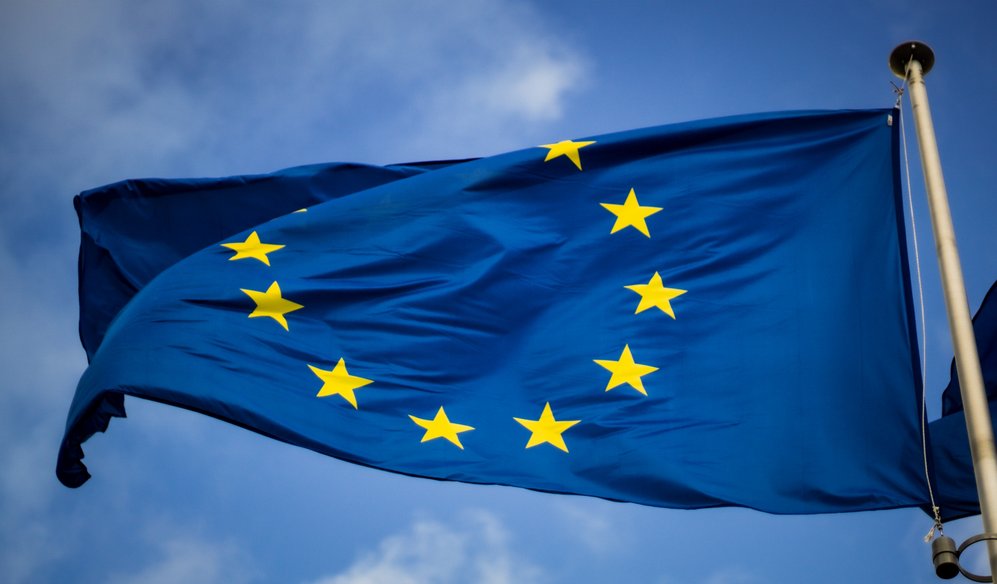Current regulations mean that genetically engineered food and feed is clearly labelled, and GM ingredients have to be traced throughout the whole value chain. If the European Commission’s proposed legislation passes into law, then it will only be required that GM seeds are labelled and transparency will only apply to breeders and farmers (meaning no labelling and traceability for food producers, retailers, or consumers). ENGA (the European Non-GMO Association) calls on the European Parliament and Member States to stand up for their citizens and completely reject this proposal, which denies them the right to know what is in their food.
The European Commission’s plans for a deregulation of New GMOs go against what EU citizens want (in an EU-wide 2021 poll, it was found that 68% of respondents who have heard about new GM techniques, like CRISPR/Cas, want GMO food produced with those techniques to be labelled as GMOs.) And it also completely goes against the wishes of the food (including conventional Non-GMO and organic) and retail sectors: the majority of these sectors is in favour of maintaining the current food safety and transparency standards for New GMOs – this was a finding of the European Commission’s own consultation as part of its Impact Assessment prior to launching its legislative proposal.
The Commission’s proposal also neglects to deal seriously with the issue of coexistence: under this legislation there would be no functioning mechanism to protect food business operators, that want to remain GMO-free, against GMO contamination.
This deregulation proposal is a huge threat for the whole GMO-free agriculture and food production in the EU, and especially to two vital segments of the EU food market: conventional and organic Non-GMO production. The organic sector is one which the Commission purportedly backs, given its Green Deal aim to have 25% of the EU’s farmland under organic production by 2030.
Despite this, the Commission’s proposal risks contaminating conventional and organic fields with GMOs. For the organic and conventional Non-GMO food sector (both billion-euro markets), without legally-binding GMO traceability and labelling and EU-wide coexistence rules throughout the whole value chain – from seeds to final products – the sectors’ freedom to conduct GMO-free business is undermined.
ENGA calls for:
• Labelling and transparency to apply to all products derived from NGTs and to be made available to all parts of the food value chain and consumers;
• EU-wide legally binding coexistence rules, liability in case of GMO contamination, application of the polluter pays principle – those who use New GMOs have to keep their GMOs out of other operators' supply chains, and
• Risk assessment and safety testing for all NGTs
Heike Moldenhauer, Secretary General of ENGA, comments:
“The European Commission’s proposed legislation illustrates its complete disregard for the right of consumers to know what is in their food, as well as for farmers and all those in the food value chain to have transparency over GMOs from seed to final product. This is a potentially disastrous deregulation proposal, which would massively affect the conventional and organic Non-GMO food sectors, who will ultimately pay the price.
“It’s clear that the Commission has bought the propaganda of big agribusiness that New GMOs can provide some kind of panacea to the problems that society faces. We are yet to see any evidence to back up either the sustainability claims of New GMOs, nor do we even know how safe they are given that their unintended effects haven’t been assessed and that there are hardly any available on the market. We call on the European Parliament and Ministers from Member States to wholeheartedly reject this proposal.”
